Master’s Degree in Dentistry
Santo Amaro University – Unisa has taught, researched, and extended tradition for 50 years and is located in the southern region of São Paulo. The purpose of this Program is to develop oral rehabilitation methods and technologies that reach the edentulous population and are accessible with compatible cost with the economic reality of our country.
Duração: 24 months (1185 hours)
Modalidade: Presencial
Período: Integral
Locais de oferta: Campus Interlagos
Fique por dentro do Programa
Quer saber mais? Vamos te enviar por email.
A Unisa tem o
investimento
perfeito para você
Objectives
The objective of this Program is to graduate masters in implantology and graduate and/or enable human resources to act in the areas of study and research in dental implants and periodontal tissues, as well as perform treatments related to dental problems, periodontitis, and lost bone tissue, promote the substitution of teeth and bone augmentation through bone graft and implants.
- Training Masters in Implantology;
- Develop research in the area and encourage its publication;
- Performing service actions (treatment) as a practical part of the Course;
- To guide and train the masters to divulge new operative techniques and new prophylactic procedures in their community;
- Disseminate specific knowledge for the progress of Brazilian Dentistry.
Methodology
The curricular structure was implemented to ensure the necessary training to the area of concentration of Implantology to dialogue with the research lines and enable the master student to achieve the objectives and, therefore, to reach the qualifications previously exposed in the egress profile.
These subjects are compulsory, and they totalize 885 hours, corresponding to 59 credits of 15 hours each. Twenty-two credits corresponding to 330 hours for the dissertation preparation and defense are attributed. The total of the Program is 81 credits, corresponding to 1,215 hours.
Unisa’s Master’s Degree in Dentistry provides the knowledge subsidies so that the masters can search within the four lines of research, namely:
- Etiopathogenesis and diagnosis of alterations in periodontal and peri-implant tissues;
- Repair and reconstruction of bone tissue in Implantology;
- Biomaterials in Implantology;
- Biomechanics and occlusion.
Course Contents
- Biostatistics
- Bioethics and safety
- Didactics of higher education
- Implantology
- Dental materials and their use in implantology
- Methodology of clinical and complementary examination in Dentistry
- Methodology and Scientific Research
- Implant prosthesis, occlusion, and biomechanics
- Drug Therapy and Medical Emergencies in Dentistry
- Periodontal techniques in implantology
Teaching Body
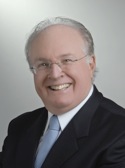
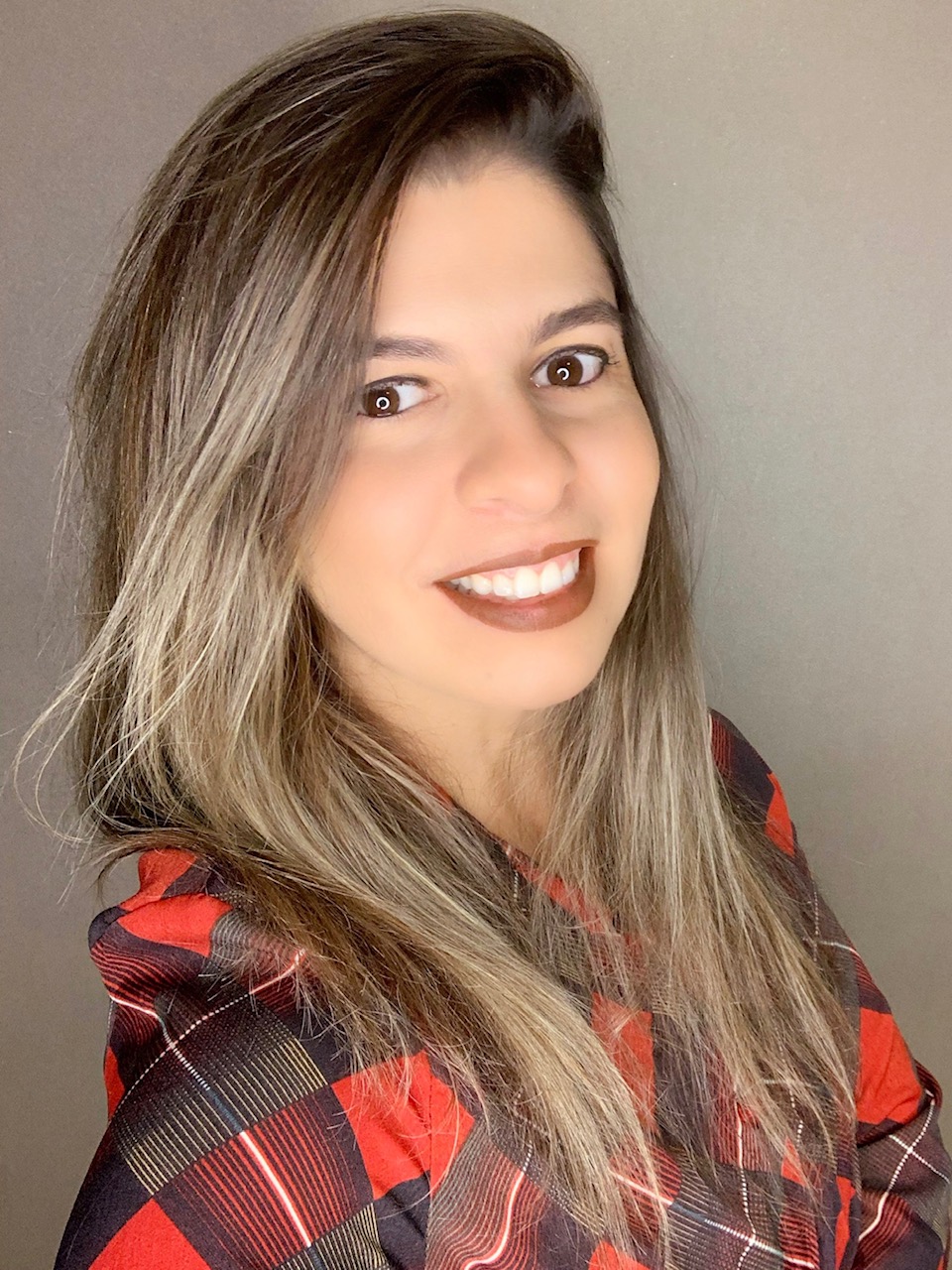
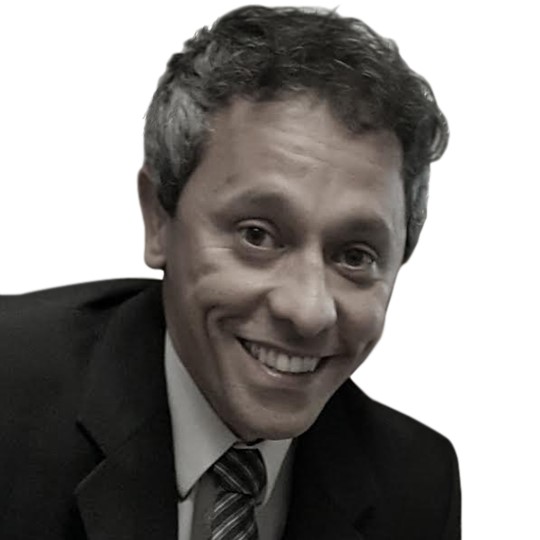
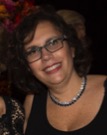
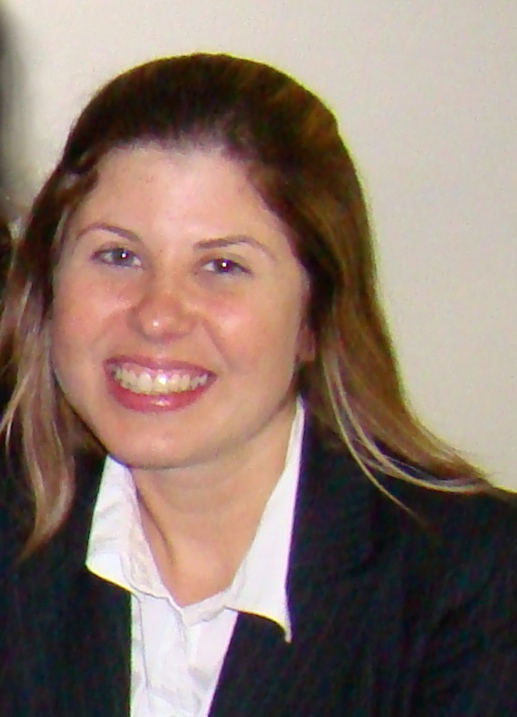
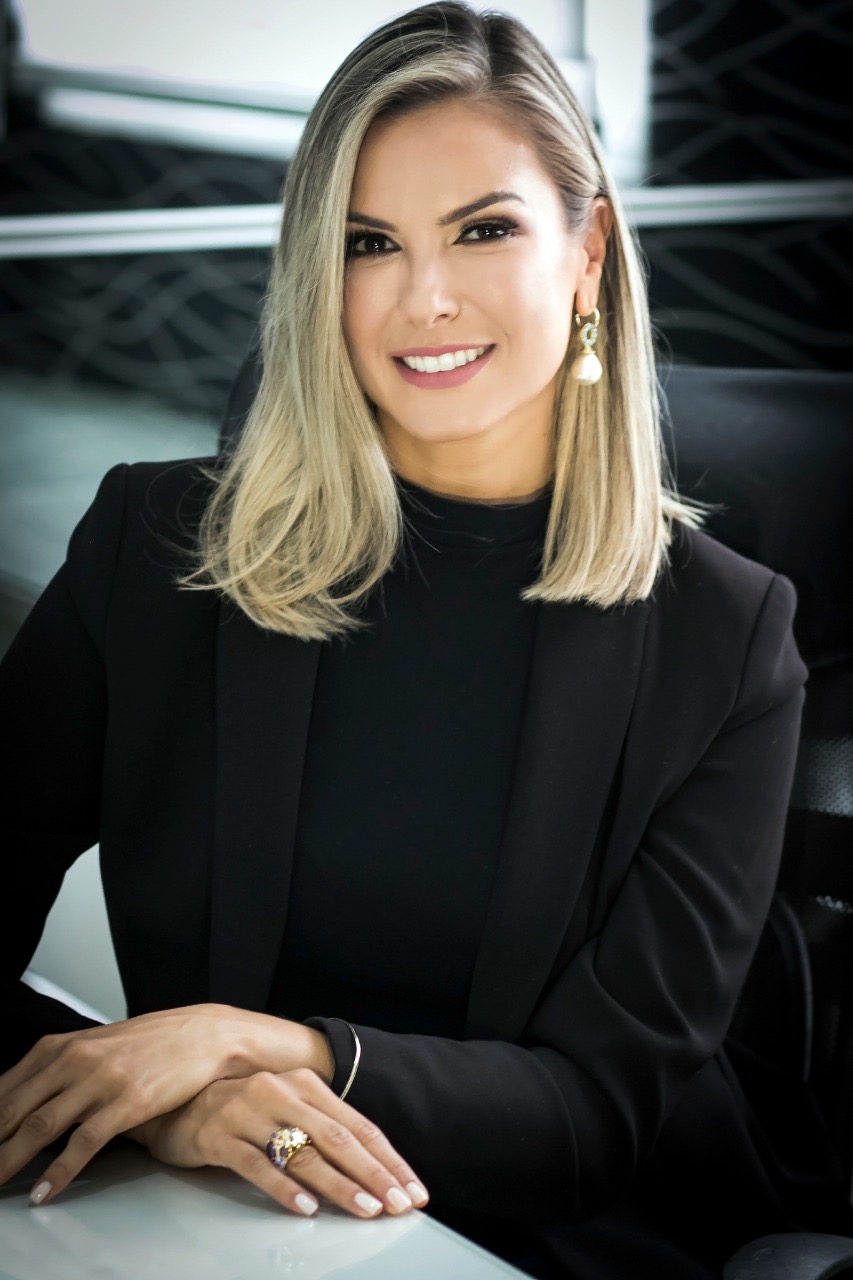
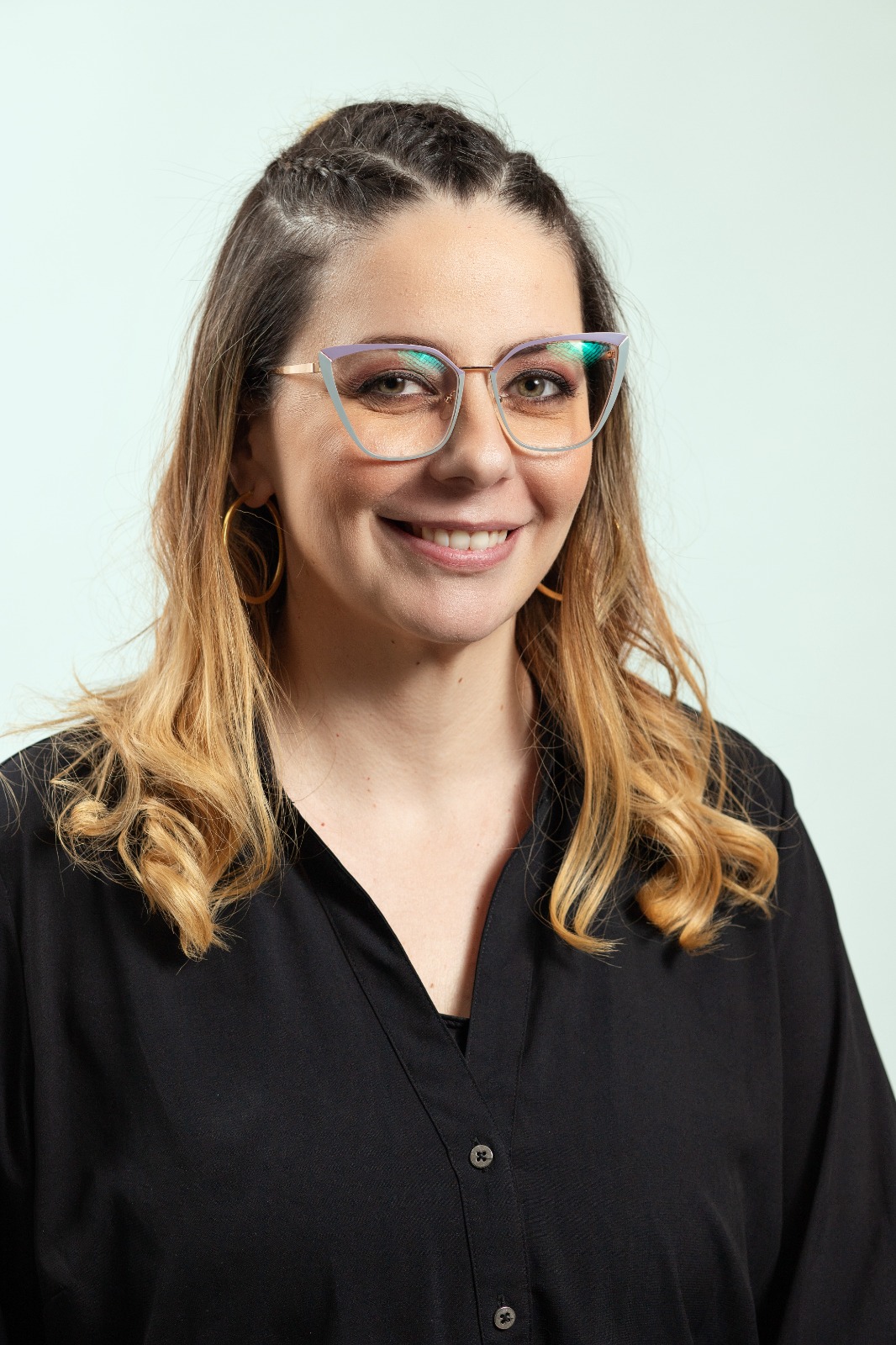
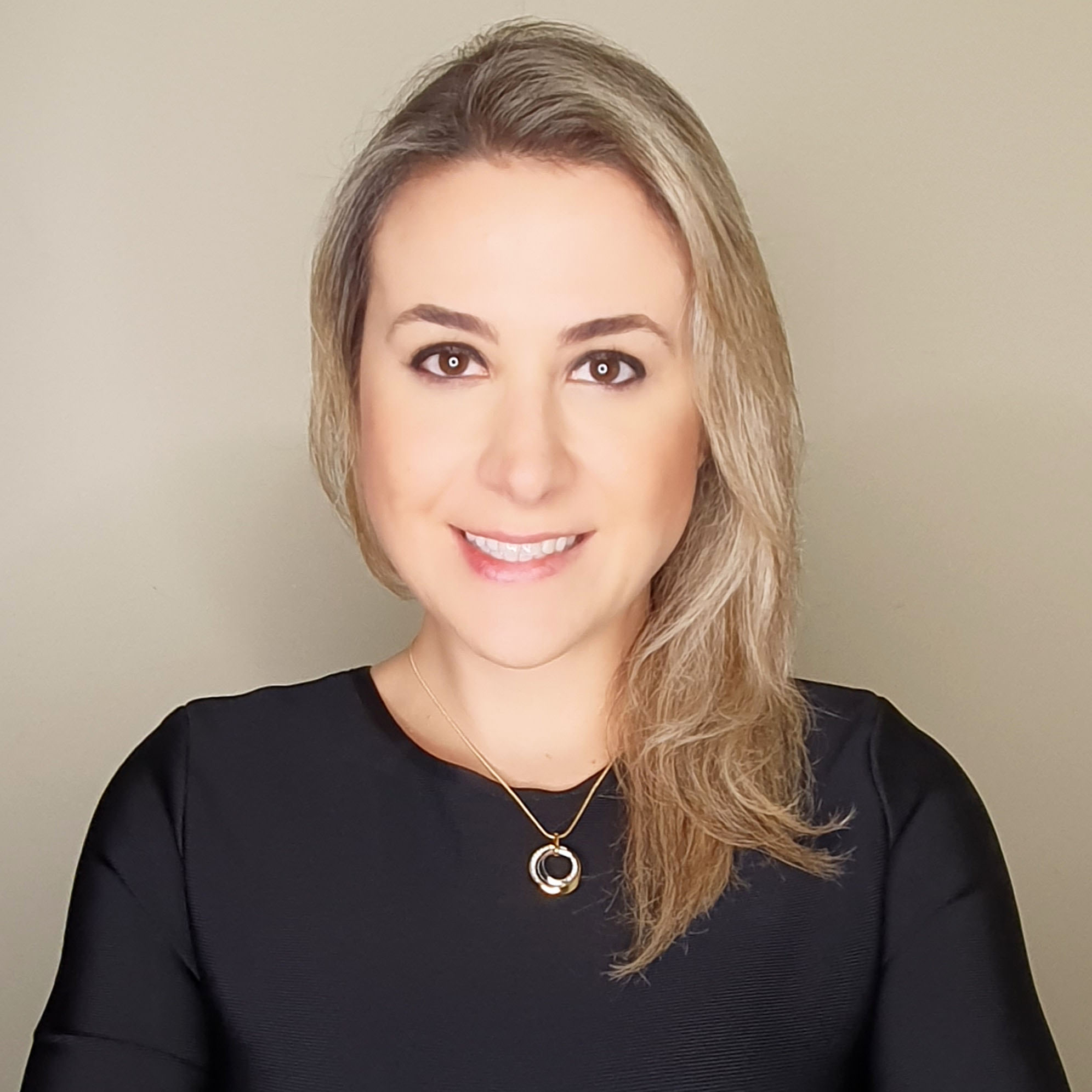
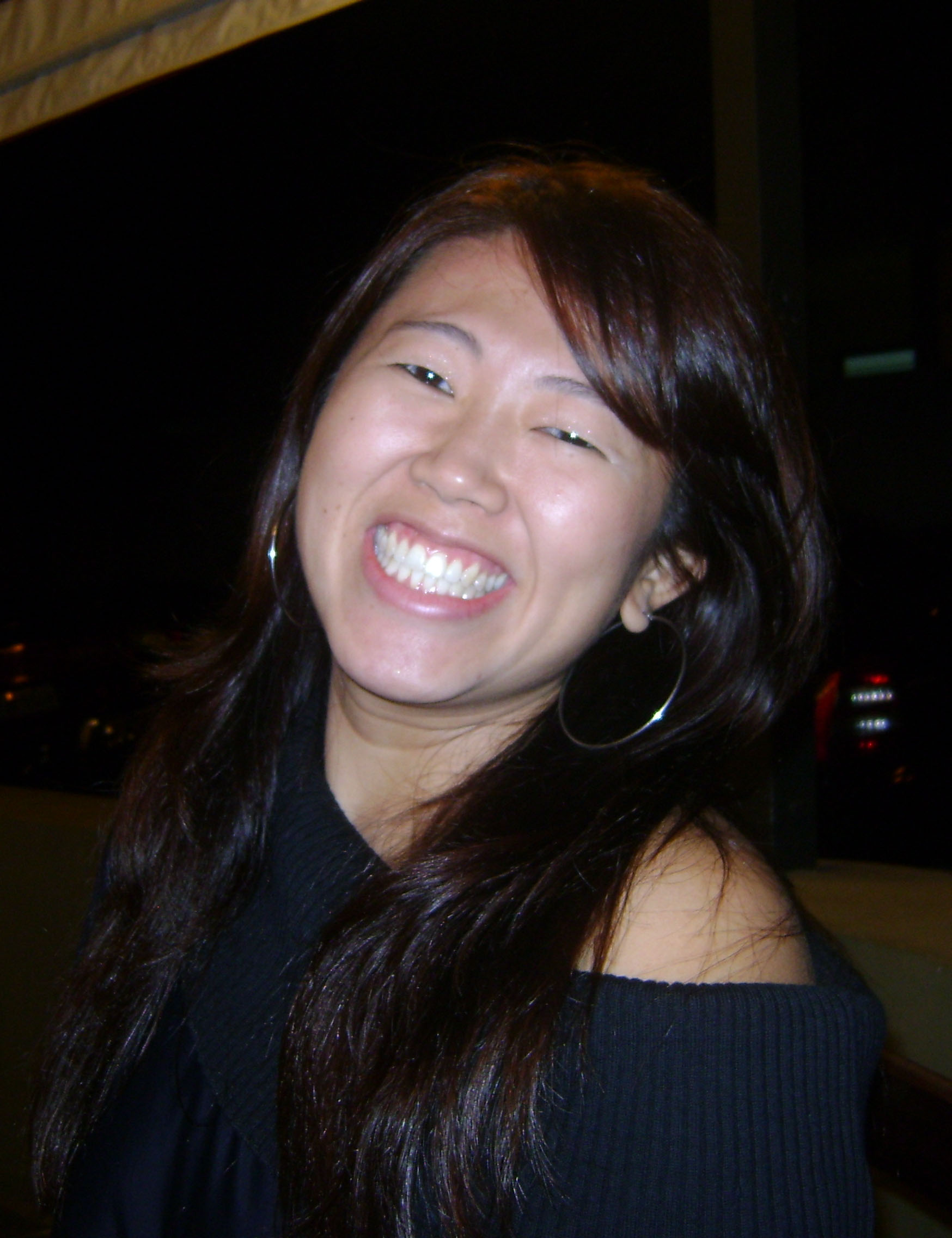
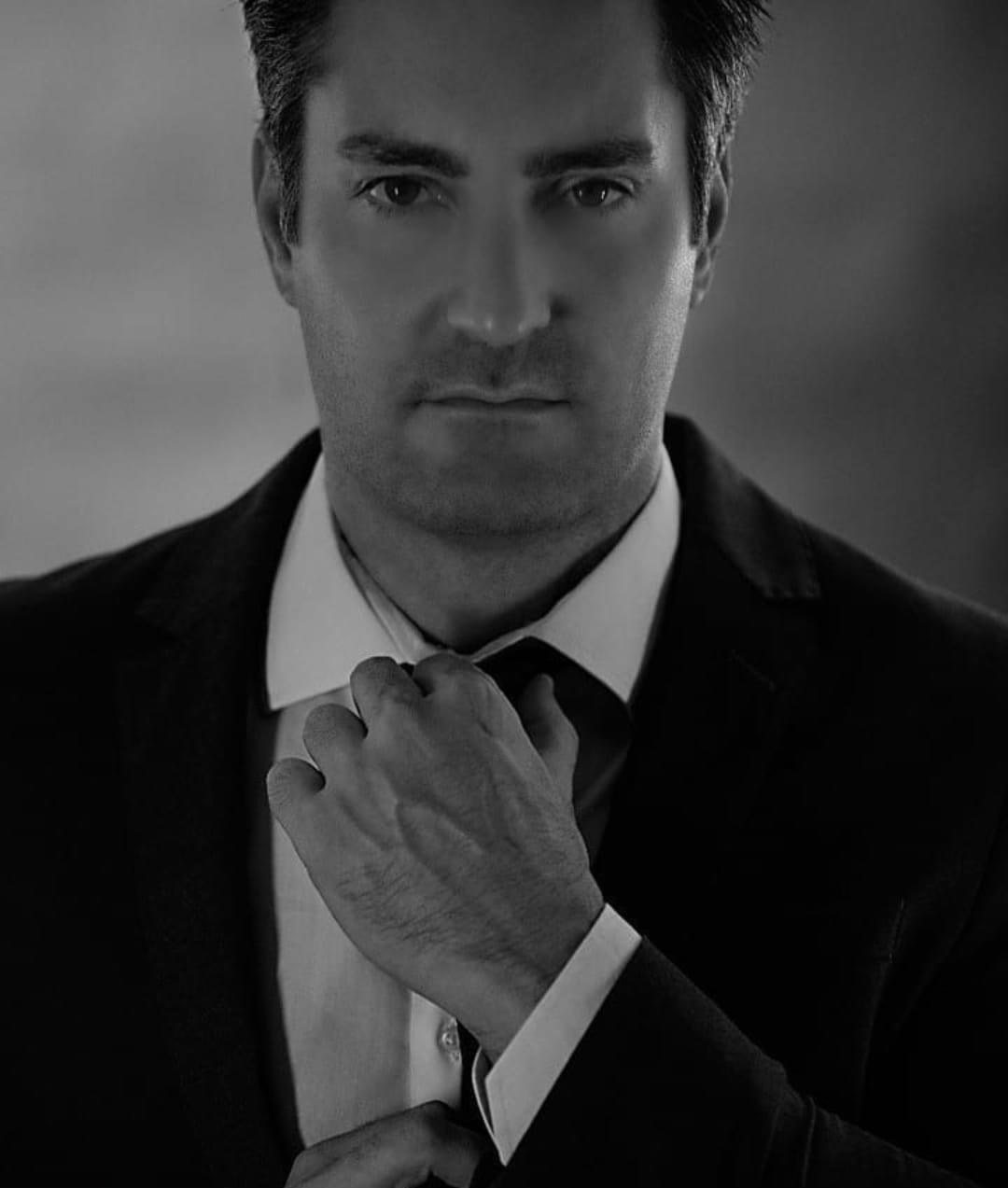
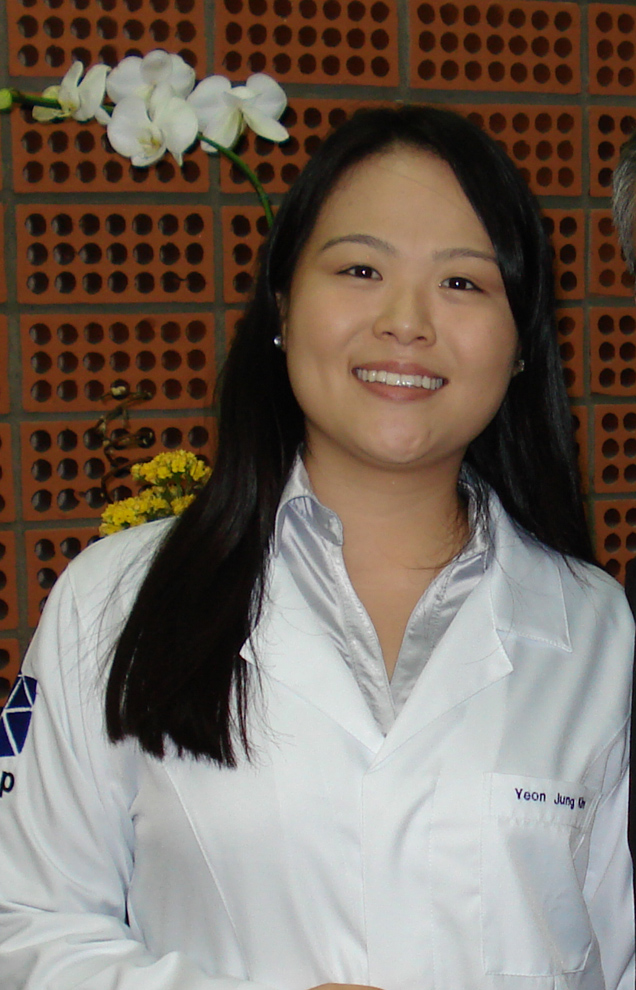
To Whom it is Intended
Dentists, periodontists, prosthodontists and oral-maxillofacial surgeons.
Laboratory Structure
UNISA RESEARCH CENTER (URC)
PAPLAB
LMCBio
LANUSA
LABIREM, Laboratory of Biomechanical Evaluation and Musculoskeletal Rehabilitation
Laboratory of Clinical Analysis of Unisa (LABUNISA)
Laboratory Structure
UNISA RESEARCH CENTER (URC)
URC includes a set of specialized laboratories in the development of knowledge, products, and technology, bringing benefits to the academic community and the needy population in the region. This complex is located in a noble area of the university allocated 430m2, condenses a set of laboratories of the institution that serves the academic and research area.
The URC has five laboratories focused on academic and technological development and is under the coordination of Prof. Dr. Marco Antonio Zonta, advised by a multidisciplinary team composed of qualified researchers, who in the form of collegiate, list and supervise the research activities in each sector.
Unisa’s laboratories cover the most diverse areas of knowledge and are sectorized as follows: LABUNISA, created to meet academic and scientific demands in clinical pathology, created for the development of laboratory evaluation, population metabolic, and quality projects. The service with state-of-the-art equipment can produce results with quality and safety.
PAPLAB focused on pathology and cytopathology and molecular area with population projects and international partnerships, developing projects in the area of oncology, sexually transmitted diseases, and neoplasias.
LMCBio, Laboratory of Molecular and Cellular Biology focused on developing genomic research, proteomics, and cell culture, contemplating state-of-the-art equipment and projects focused on fundamental and applied health areas.
LANUSA, Laboratory of Nutritional Evaluation focused on nutritional status evaluation in all age groups using high technology equipment. The activities in this Laboratory include the use of direct and indirect methods of evaluation, addressing the evolution of nutritional status based on the study of signs, symptoms, and body composition, providing practical classes for the development of research and extension projects.
LABIREM, Laboratory of Biomechanical Evaluation and Musculoskeletal Rehabilitation
LABIREM was created to develop academic-scientific research whose purpose is to carry out research of high quality and relevance related to human movement and posture applied to the context of health promotion and prevention, treatment directed to rehabilitation/exercise, and the sport of individuals and users of public health support in the region of Capela do Socorro, using high technology equipment. The activities in this Laboratory include using direct and indirect methods of biomechanical evaluation, supporting projects at the undergraduate, postgraduate stricto sensu, and regular research levels.
According to Anvisa standards that regulate laboratory activities in assistance and research, the laboratories are adequate.
RDC 302 – NR 50 – Laboratory of Clinical Analyzes, Clinical Cytology and Molecular Biology, applicable to research laboratories involving human biological material. 2.0 General characteristics of the URC per laboratory unit
Laboratory of Clinical Analysis of Unisa (LABUNISA)
LABUNISA is one of the units that identify and support the biomedicine, medicine, and dentistry courses of the University of Santo Amaro serves as a source of support and development for the Master’s program in Health Sciences. Its activities in the year 2009, with a project to meet the demand of patients from the Wladimir Arruda School Hospital (HEWA) and the university’s various research projects.
With the evolution and standardization of the service, the laboratory executes a demand of 10,000 tests/month, with automated procedures and equipment and a computerized reporting system, attending with quality and efficiency the patients of the HEWA outpatient clinic. The laboratory includes 440 m2 subdivided into the following areas: clinical hematology, clinical biochemistry, clinical parasitology, and Uroanalysis.
The service also complies with the National Quality Control Program (PNCQ), a quality certification body throughout Brazil, periodically evaluating laboratory procedures and a continuing education program for employees. In 2015, we received the excellence certificate in diagnosis, destined to the services that have equal or higher use to 85% of productivity and efficiency.
Fields os Activity
Psychomotor Area
At the end of the Course, the student will be able to:
Identify and describe the different micro and macroscopic components of the periodontium and bone tissue within an integral design;
Identify and describe the periodontal pathology, its natural history, and its macro and microscopic mechanisms;
Identify and describe the mechanisms of biological responses to different types of aggression;
Use prevention methods according to the natural history of diseases;
Identify and use instruments, materials, and techniques for the diagnosis and treatment of disorders and diseases of the mouth;
Identify and use instruments, materials, and techniques for the recognition and resolution of surgical complications;
Understand and train the various surgical techniques of implantation and reconstruction of bone tissue;
To train prosthetic complementation of implant treatment;
Develop actions of human service;
Use the scientific method for study, clinical behavior, and research design.
Humanized Area
At the end of the Course, the student will be able to:
To value and respect the codes of ethics;
To value to the patient in its bio-psycho-socio-cultural particularities;
To value the progress and become aware of the transience of scientific truth;
To value to class institutions;
Self-critical attitude;
To value the importance of continuing education
Differentials
According to the Capes Evaluation Committee for the four years of 2013-2016, the Program differentials and the positive points that led to note 4 are:
Coherence, consistency, comprehensiveness and updated areas of concentration, lines of research, projects in progress, and curricular proposal;
Planning of the program with a view to its future development, contemplating the international challenges of the area in the production of knowledge, its purposes in the better formation of its students, its goals as to the more affluent social insertion of its graduates, according to the parameters of the area;
Infrastructure for teaching and research;
Profile of the faculty, considered teacher qualifications, diversification in the origin of formation, improvement, and experience, and its compatibility and adequacy to the program proposal;
Adequacy and dedication of the permanent teachers concerning the activities of research and training of the program;
Teachers’ contribution to undergraduate teaching and/or research activities, with attention to the repercussion that this item may have on the training of future participants in the postgraduate, and (depending on the area) in the training of more qualified professionals in the graduation plan;
Fundraising by teachers for research;
Number of thesis and dissertations defended in the evaluation period, concerning the permanent teaching staff and the size of the student body;
Quality of thesis and dissertations and the production of undergraduate and postgraduate students in the scientific production of the program, as measured by publications and other relevant indicators;
Qualified publications of the program by a permanent teacher;
Integration and cooperation with other professional research and development programs and centers related to the program’s knowledge area, with a view to the development of research and graduate studies;
Artistic production, technique, patents, innovations, and other productions considered relevant;
Integration and cooperation with sector organizations and/or institutions related to the program’s knowledge area to develop new solutions, practices, products, or services in the professional and/or academic environment.
Research Lines
1- ETIOPATHOGENESIS AND DIAGNOSIS OF CHANGES IN PERIODONTAL AND PERIMPLANT TISSUES
This line aims to investigate the etiology and difficulties inherent to diagnosing peri-implant, periodontal and oral mucosa lesions through clinical and complementary exams.
Associated Research Projects
Dimensional Changes of the Gingival Tissue
Analysis of the Effects of Statins on Bacterial Viability and Biofilm Formation of Pathogenic Aerobic Microorganisms
Rheumatoid Arthritis and Its Association with Periodontal Disease
Clinical and Radiographic Evaluation of Dental Implants-Retrospective Study of 10 Years
Evaluation of the Periodontal Condition in Patients with Chronic Renal Disease in Hemodialysis
Evaluation of the Incidence and Prevalence of Perimplant Disease in Treated Patients
Evaluation of Non-Surgical Periodontal Therapy in Patients with Chronic Periodontitis
Characterization of Periodontal Inflammatory Levels and Their Correlation with Bacterial, Fungic and Viral Microbiota
Detection of Human Herpesvirus in Saliva and Gingival Fluid of Chronic Renal Patients
Dynamics of Oral Excretion of HHV-8 in Positive HIV Patients and Renal Transplant Patients
Interaction of Statistical Techniques in Projects in Research Works
Relationship between Stress and Oral Microbiota: Effect on the Production of Volatile Sulfur Compounds and Beta-Defensin and Alpha-Amylase Role
2- TISSUE REPAIR AND RECONSTRUCTION OF BONE TISSUE IN IMPLANTOLOGY
This research line aims to study the repair of both soft tissues and bone to develop surgical techniques for alveolar reconstruction with esthetics and function.
Associated Research Projects
Use of Platelet Rich Fibrin (PRF) in the Bone Repair Process.
Comparative Analysis Between the Frozen Homogenous Graft and Homogenous Graft Lyophilized (FDBA) in the Survey of the Maxillary Sinus Floor in Humans.
Stability Analysis of Implants Placed in the Grafted Areas with Frozen Homogenous Graft and Homogenized Lyophilized Graft (FDBA) in the Survey of the Maxillary Sinus Floor in Humans.
Analysis of Bone Reabsorption in Implants Placed on Homogenous Bone Grafts
Analysis of Bone Repair in Rabbit Calibrated Bone Repair Models Filled with Bioactive Ceramics
Histological Analysis of Different Blends Using BioOss, Rabbit Calcium Bone Bank
Histomorphometric Analysis of the Use of Antimicrobial Photodynamic Therapy in the Treatment of Bisphosphonate Osteonecrosis
Evaluation of the Presence of Gingival Papilla concerning the Volume of the Interdental Papilla
Evaluate the Effect of the Application of Autologous Bone Marrow on the Integration of Bone Substitutes in Rabbit Tibias. Evaluation by Histomorphometry and Computerized Microtomography
Effect of Rhbmp2 on Xenogens Blocks Fixed for Vertical Gain in Rabbits Tibia
Stability of Implants Placed Late or Immediate to Autogenous or Homogenous Grafting Procedures.
Histological and Histomorphometric Study of the Bone Neoform of b-Tricalcium Phosphate (Β-Tcp) in Fresh Alveoli in Humans
Image Study Using Cone Beam Computed Tomography
Influence of Various Factors in Osseointegration
Lateralization and Transposition of the Lower Alveolar Nerve
The Use of Laser in Implant Dentistry
Use of Frozen Fresh Human Bone in Vertical Reconstruction in the Atrophic Jaw Posture (in progress)
3- BIOMATERIALS IN IMPLANTOLOGY
This research line aims to evaluate the various materials available in the world market concerning their effectiveness and biocompatibility concerning potential toxic or collateral effects.
Associated Research Projects
Alteration of the Composition of Dental Resins: Evaluation of the Addition of Chitosan and Bis-Alkyl Phosphinic Oxide in Properties and Biocompatibility
Evaluation of Biomimetization by Topographic Analysis of Different Types of Titanium
Evaluation of the Zirconia Bond Resistance as a Function of Different Surface Treatments and its Specific Use
Evaluation of Properties and Performance of Dental Materials Used in Implant Prosthodontics
Effect of Light Source Type on Physical Properties of Experimental Resin Cements Containing Different Photoinitiator Systems
Experimental Nanocomposites Using Montmorillonite incorporated with Chlorhexidine.
4- BIOMECHANICS AND OCCLUSION
This research line aims to elucidate the action of forces originated by occlusion in prostheses over bone-integrated implants.
Associated Research Projects
Analysis of stresses around implants in fixed prostheses over implants
Analysis of stresses around implants using different methods.
Evaluation of Ceramic Behavior in Thin Thicknesses
Monolithic Zirconia Fatigue Behavior
Performance of Prosthetic Rehabilitation Materials
Wear of zirconia abutments
Selective Process 2025
- Inscrições: 19/08/2024 a 22/01/2025
- Documentação: 19/08/2024 a 22/01/202
- Prova: 27/01/2025
- Entrevistas: 27/01/2025
- Resultados: 30/01/2025
- Matrículas: 03 a 07/02/2025
- Início das aulas: 17/02/2025
- *Taxa de inscrição: R$ 50,00
- Acesse aqui o Edital.
- Click here to access our Guidelines
